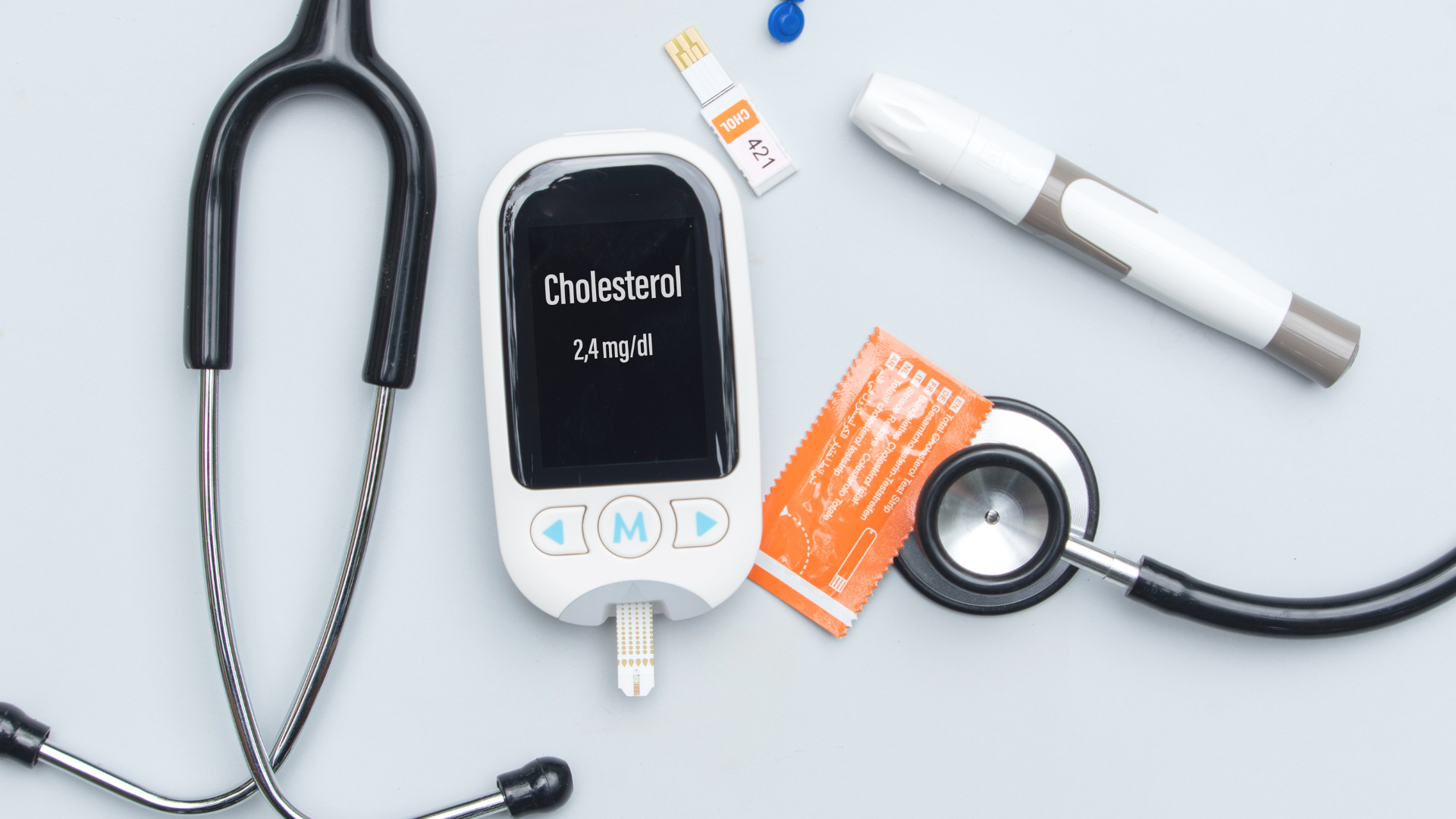Introduction
The conversation around women’s health and menopause is changing. Once whispered about, menopause is now a topic openly discussed in medical circles, wellness spaces, and even mainstream media. Alongside the rising awareness, there’s also been a surge of interest in microbiome testing—a diagnostic tool that claims to unlock secrets about gut health, hormones, and overall wellbeing.
But does microbiome testing in menopause offer real scientific value, or is it just another wellness fad marketed to women navigating midlife changes? Let’s dive deep into what the science says, how the gut microbiome is linked to menopause, and whether investing in these tests truly makes sense.
What Is the Microbiome and Why Does It Matter in Menopause?
The human body is home to trillions of microbes—bacteria, fungi, and viruses—that live primarily in the gut. Collectively known as the gut microbiome, this ecosystem plays a critical role in:
- Digestive health – breaking down food and absorbing nutrients.
- Immune system regulation – keeping harmful pathogens in check.
- Hormonal balance – influencing estrogen metabolism and hormone-related pathways.
- Mental wellbeing – through the gut-brain axis, affecting mood and cognition.
During menopause, estrogen and progesterone levels decline, leading to hot flashes, weight gain, mood changes, vaginal dryness, and sleep issues. Interestingly, research shows that shifts in the gut microbiome may amplify—or sometimes help ease—these symptoms.
For instance:
- Certain gut bacteria influence how estrogen is metabolized (the estrobolome).
- A less diverse microbiome is linked to inflammation, osteoporosis, and metabolic issues, all of which become more common post-menopause.
- The microbiome also interacts with the vaginal microbiome, affecting urogenital health in midlife women.
This connection has fueled the rise of microbiome testing kits targeted specifically toward menopausal women.
What Is Microbiome Testing?
Microbiome testing typically involves analyzing stool, saliva, or vaginal swabs to identify the types and relative abundance of microbes in the body. Companies then provide a personalized report that may include:
- Microbial diversity scores
- The presence of “good” vs. “bad” bacteria
- Insights into digestion, inflammation, and metabolism
- Diet and supplement recommendations
Popular brands promoting microbiome testing in the wellness market claim that knowing your microbiome can help you tailor nutrition, improve gut health, and even balance hormones during menopause.
But the question remains: How accurate and useful are these tests?
The Promises of Microbiome Testing in Menopause
Here are the main benefits often advertised to menopausal women:
1. Personalized Nutrition
The idea is that understanding your unique microbiome can help determine which foods support better gut health and hormonal balance. For example, some women may benefit more from fiber-rich foods, while others may need probiotics or fermented foods.
2. Hormonal Insights
Since the gut microbiome influences estrogen metabolism, testing could potentially highlight imbalances and suggest strategies to ease symptoms like bloating, mood swings, or weight gain.
3. Bone and Heart Health
Emerging research suggests a healthy microbiome supports bone density and reduces inflammation—two crucial aspects for women at risk of osteoporosis and cardiovascular disease post-menopause.
4. Mental Health Support
With rising discussions on the gut-brain axis, some companies claim microbiome testing can help address menopausal anxiety, brain fog, and depression by guiding targeted interventions.
The Scientific Reality: Value or Wellness Hype?
While these promises sound appealing, the science behind microbiome testing is still in its infancy.
- Limited Clinical Use: At present, no microbiome test has been widely accepted in mainstream medicine for diagnosing or managing menopausal health.
- Dynamic Ecosystem: The microbiome changes daily based on diet, stress, sleep, and environment. A single stool test may not represent your long-term microbial health.
- Correlation vs. Causation: Many studies link microbiome patterns with menopause symptoms, but proving that changing the microbiome directly improves symptoms is more complex.
- Commercial Bias: Wellness companies often use preliminary science to market expensive kits without strong regulatory oversight.
According to leading researchers, microbiome testing may offer interesting insights, but it is not yet a gold-standard medical tool.
The Real Link Between Gut Health and Menopause
Even without expensive tests, it’s clear that gut health influences menopause outcomes. Research shows:
- Estrobolome and Estrogen Balance: The estrobolome (a group of gut microbes that metabolize estrogen) may play a role in managing hot flashes, weight distribution, and bone health.
- Dysbiosis and Inflammation: Menopausal women often experience reduced microbial diversity, which can trigger inflammation and worsen chronic conditions.
- Dietary Impact: A Mediterranean-style diet rich in fiber, vegetables, whole grains, and fermented foods has been shown to enhance gut diversity and support overall menopausal wellbeing.
So while microbiome testing may not be necessary, focusing on gut-friendly habits can naturally support women during menopause.
Should You Try Microbiome Testing in Menopause?
Here’s a balanced perspective:
When It Might Be Worth Considering:
- You’re experiencing severe digestive issues (IBS, chronic bloating, diarrhea).
- You’re interested in personalized wellness insights and are comfortable investing in exploratory health tools.
- You want a baseline snapshot of your gut microbiome for tracking changes over time.
When It May Not Be Necessary:
- You expect the test to provide medical-grade hormonal or menopausal solutions.
- You’re already managing symptoms well with diet, lifestyle, or medical support.
- You want quick, clear-cut answers (microbiome testing often gives probabilities, not certainties).
Evidence-Based Alternatives to Support Gut & Menopause Health
If you’re not ready to spend hundreds on a test, you can still support your microbiome naturally with these proven strategies:
- Eat More Fiber: Whole grains, fruits, vegetables, and legumes feed beneficial gut bacteria.
- Include Fermented Foods: Yogurt, kefir, kimchi, and sauerkraut introduce probiotics.
- Stay Active: Regular exercise improves both gut diversity and menopausal symptoms.
- Reduce Ultra-Processed Foods: Sugar and processed fats fuel harmful bacteria and inflammation.
- Manage Stress: Chronic stress disrupts the gut-brain axis and worsens menopause symptoms.
- Sleep Well: Quality sleep regulates hormones and supports microbiome balance.
- Consider Probiotics & Prebiotics: Evidence suggests they may help with digestion, vaginal health, and immunity during menopause.
The Future of Microbiome Research in Menopause
The field of microbiome science is rapidly evolving. With more research, microbiome testing could one day:
- Predict who is at risk of severe menopausal symptoms.
- Tailor personalized nutrition and supplement plans.
- Provide early markers for osteoporosis, cardiovascular disease, or cognitive decline.
But until then, the tests should be seen as informational tools, not definitive medical solutions.
Conclusion
So, is microbiome testing in menopause a valuable tool or just another wellness fad?
The answer lies somewhere in between. While current science shows the gut microbiome plays a significant role in menopause, the commercial tests available today are not yet accurate or clinically validated enough to replace medical advice.
That said, these tests can spark greater awareness about gut health, encourage personalized lifestyle changes, and may eventually play a stronger role in menopause care as research advances.
For now, women can benefit most from focusing on evidence-based practices—a balanced diet, regular exercise, stress management, and quality sleep—without necessarily needing a pricey microbiome test.
Menopause is a natural transition, and while wellness fads may come and go, the foundation of good health remains timeless.





